Fight the Flood companies are finding uses for dredge material, turning it into shoreline protection structures, concrete products and more to help homeowners.
The Challenge
Imagine this.
You've spent your entire professional career living in a city of a land-locked state, earned your pension and decided to move out of the city.
You fall in love with the Middle Peninsula of Virginia and decide to buy a piece of waterfront property.
You meet a real estate agent, who finds you the perfect house. Taxes are low compared to the urban area where you came from. The view is divine. You move into your house. Life is great.
Then you decide to get a boat…and you discover that there’s only six inches of water at your dock during low tide.
Now you're a little cranky.
Your piece of paradise of moving to coastal communities has been interrupted because you don't have enough water on a creek that should.
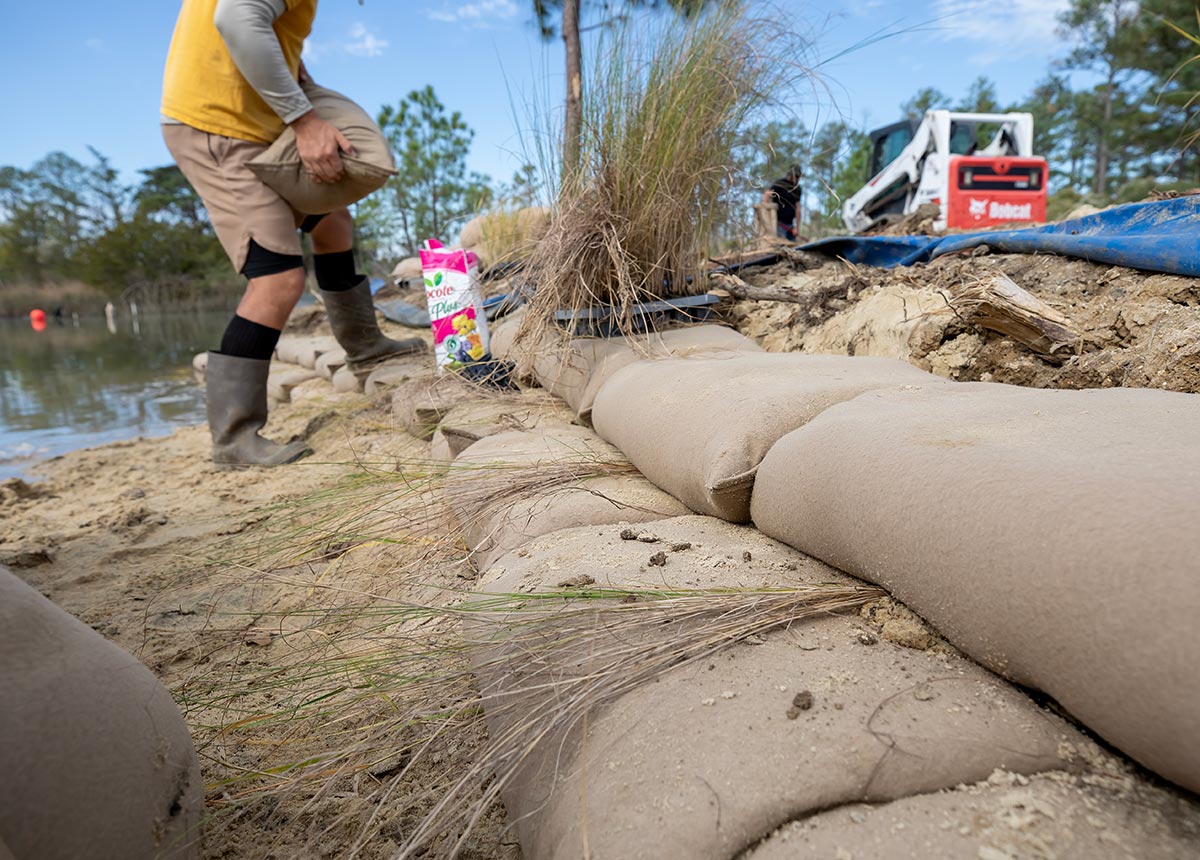
The Solution
Most of the creeks in rural coastal Virginia, when the Colonials showed up, were very deep. But over time, thanks to land use practices and shoreline erosion, sediment has flowed into the Middle Peninsula waterways, building up the bottom of these river, creek and bay beds.
Think of this this way: all that dirt that used to be up in the yard is now at the river bottom.
The only way to get the water deep enough again is to dredge it.
Dredging means you take that sediment that’s settled on the bottom of the water, often having turned into gelatinous goo, and bring it up.
This has become an issue in rural communities specifically because the federal government no longer funds shallow water dredging.
There are companies through Fight the Flood who can support shallow water dredging to increase the depth of the channels to properties.
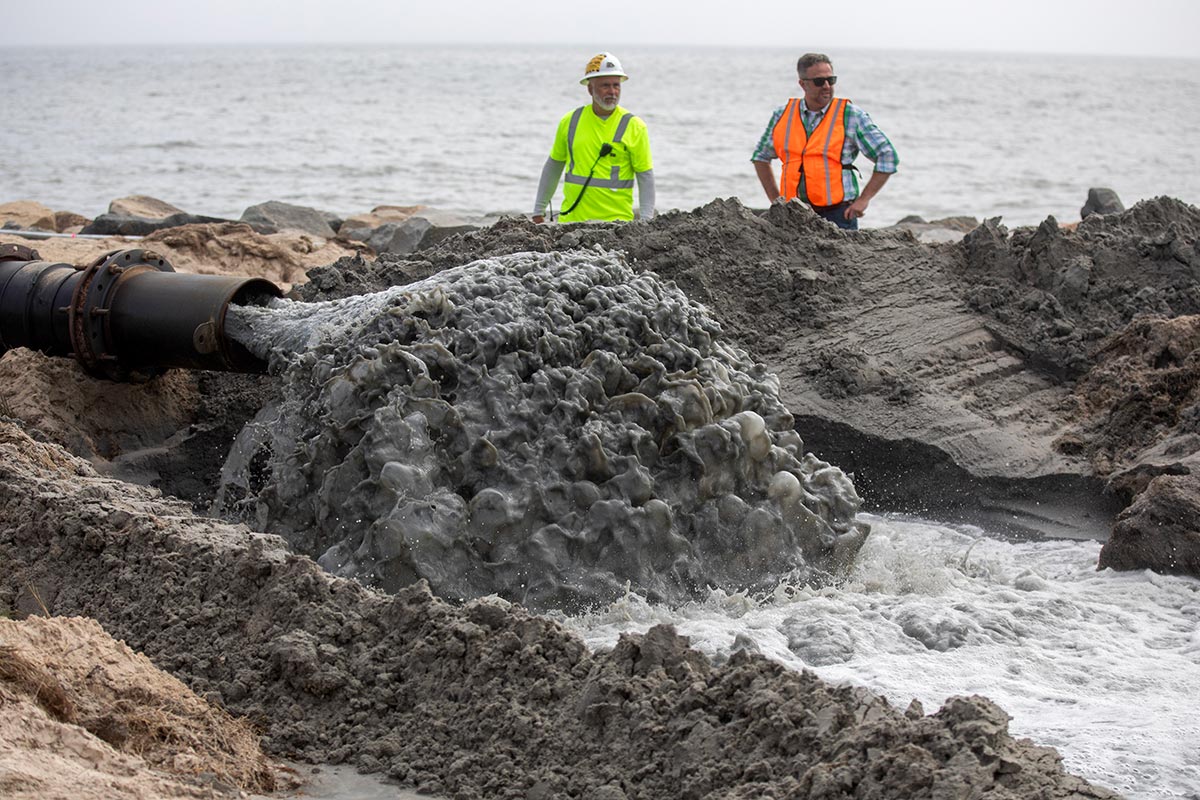
But that’s only half the challenge.
Once you dredge up material, where does it go? It's got to go somewhere and that poses some really unique challenges because of the way Virginia has not, historically, played an active role in dredge material management.
To answer these problems, the Commonwealth created the Virginia Waterways Maintenance Fund, a state financed program that provides grant money to dredge creeks and channels that have some dependency on commercial seafood operations (which nearly every creek in Virginia has).
Dredging companies hired and permitted to do this work has to include where the material will go.
The Impact with Fight the Flood
The Fight the Flood program, in looking at the material management as an important evolving space for coastal communities, has challenged companies from all over the world to innovate and find uses for dredging material, turning it into shoreline protection structures. Those structures can then help homeowners protect their shorelines.
It's stacking benefits on top of benefits.
Homeowners can help increase the value of their waterfront properties by ensuring channels are deep enough for boat access.
Dredging shallow water creeks no longer funded by the federal government helps commercial seafood operations.
Localities maintain or enhance property values.
And shorelines get protected with innovations on how to use the dredge spoils.
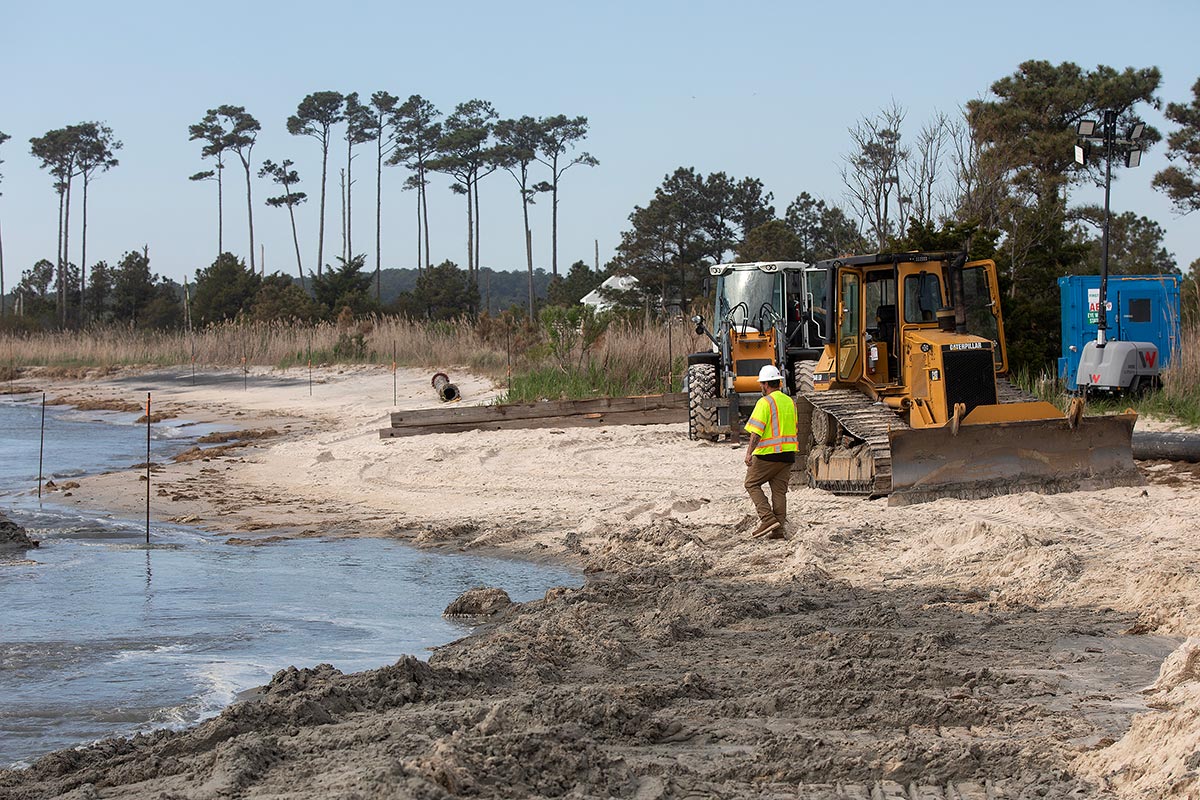
Watch the Video

Other Solutions
Stormwater
Insurance
Property Owners
Many homes and families on the Middle Peninsula have never experienced the devastation that comes with flooding. But the times are changing. Start thinking about protecting your property now, and how Fight the Flood can help. Start by submitting your information so that Fight the Flood staff can evaluate your needs and potentially respond with funding opportunities.
Contractors or Consultants
Does your business provide services to property owners to help them mitigate rising sea water, rain-induced flooding and more? Fight the Flood would like to hear from you, and potentially connect you to property owners who could use your help.

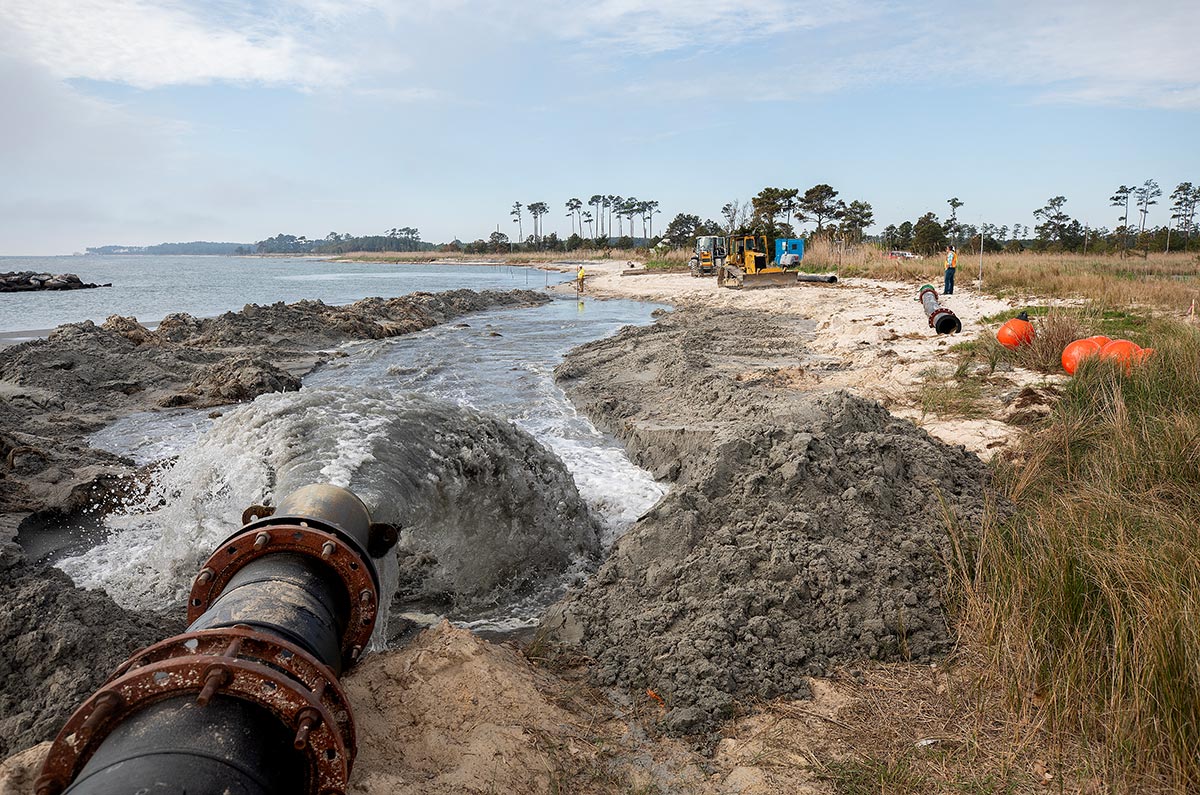
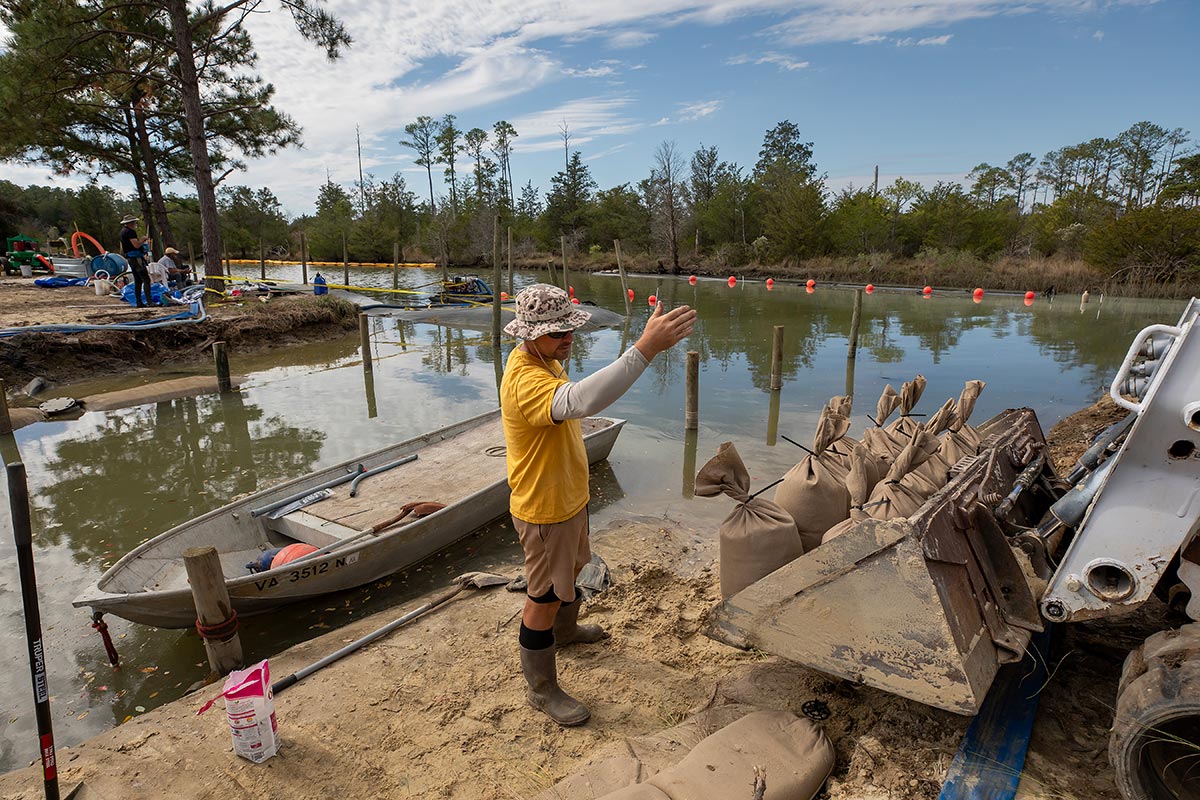
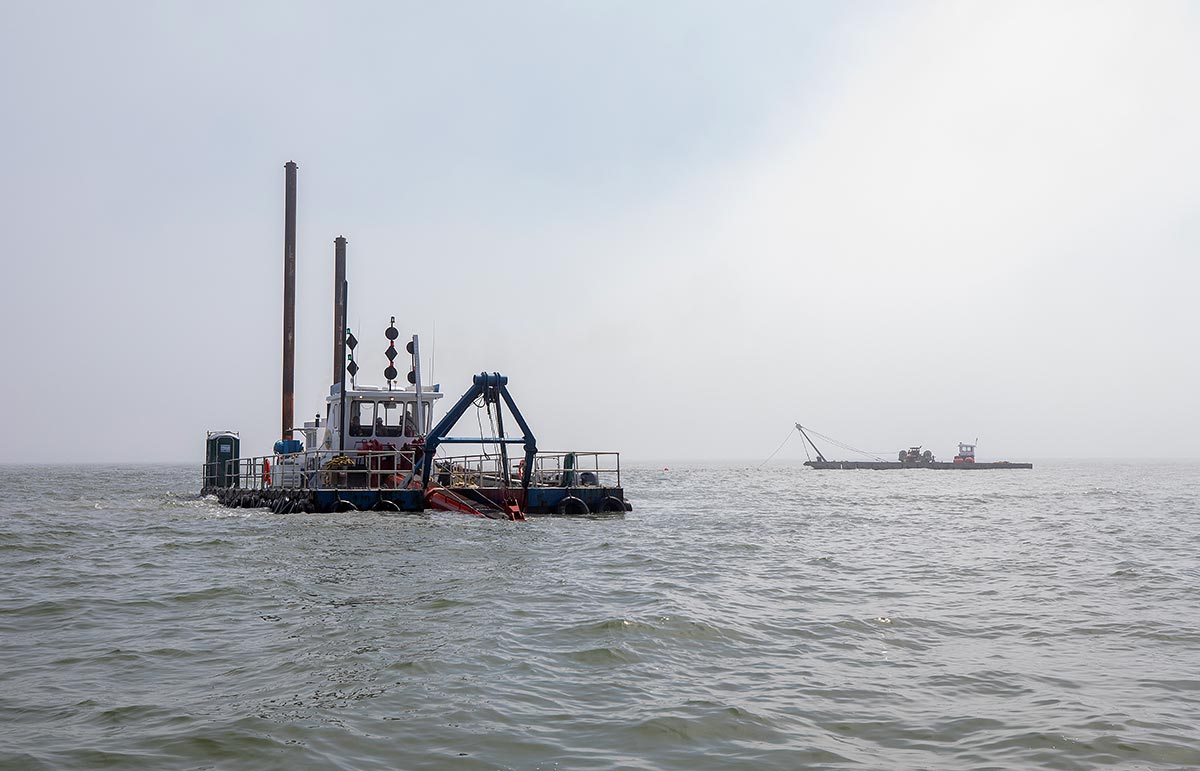
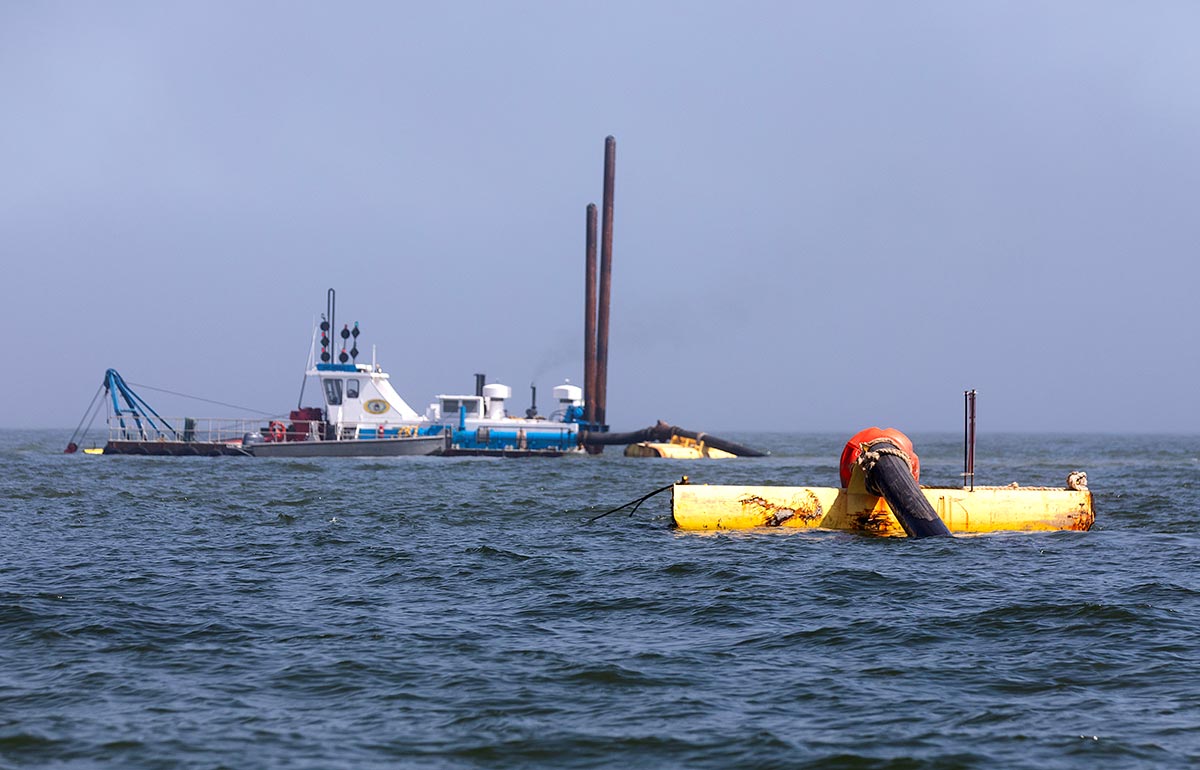
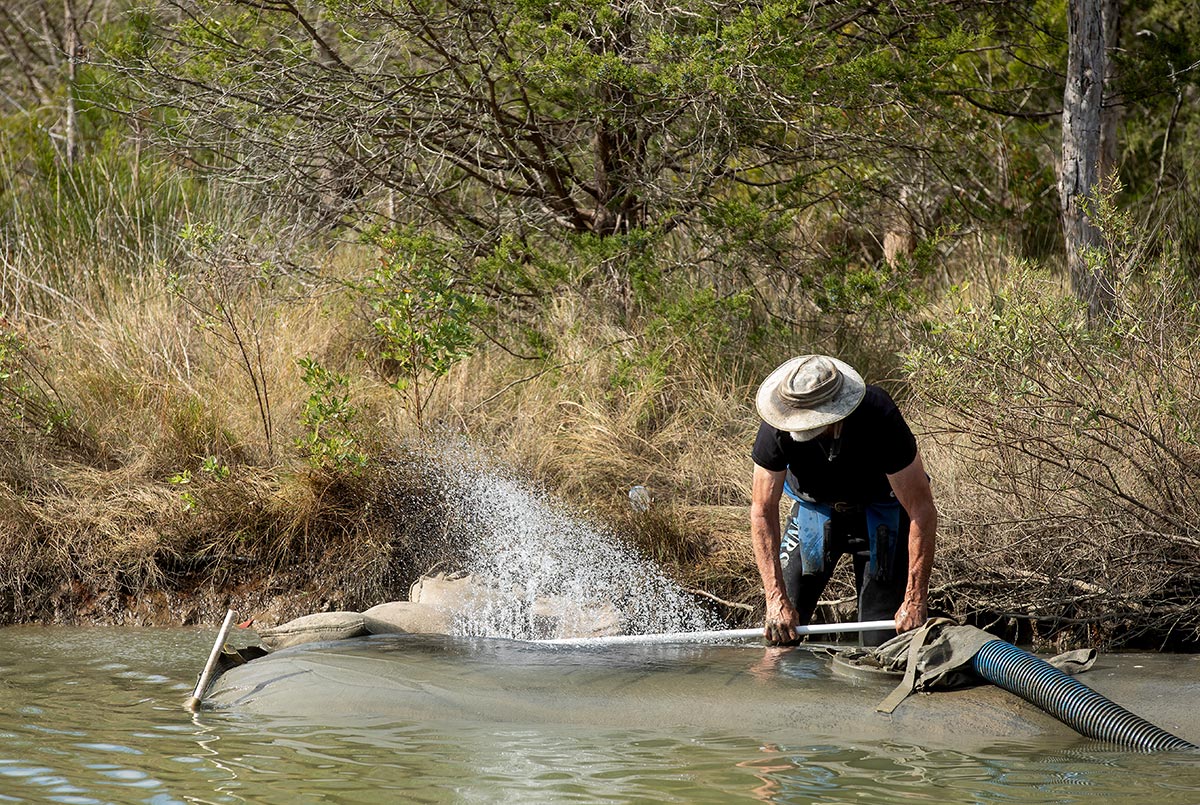
About Us
Submit Now
Want to help?
Download more information here about how to bring this program to your coastal community.
DOWNLOAD